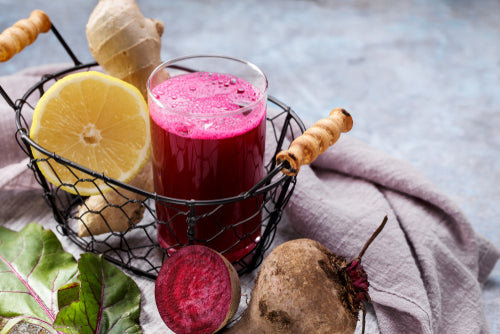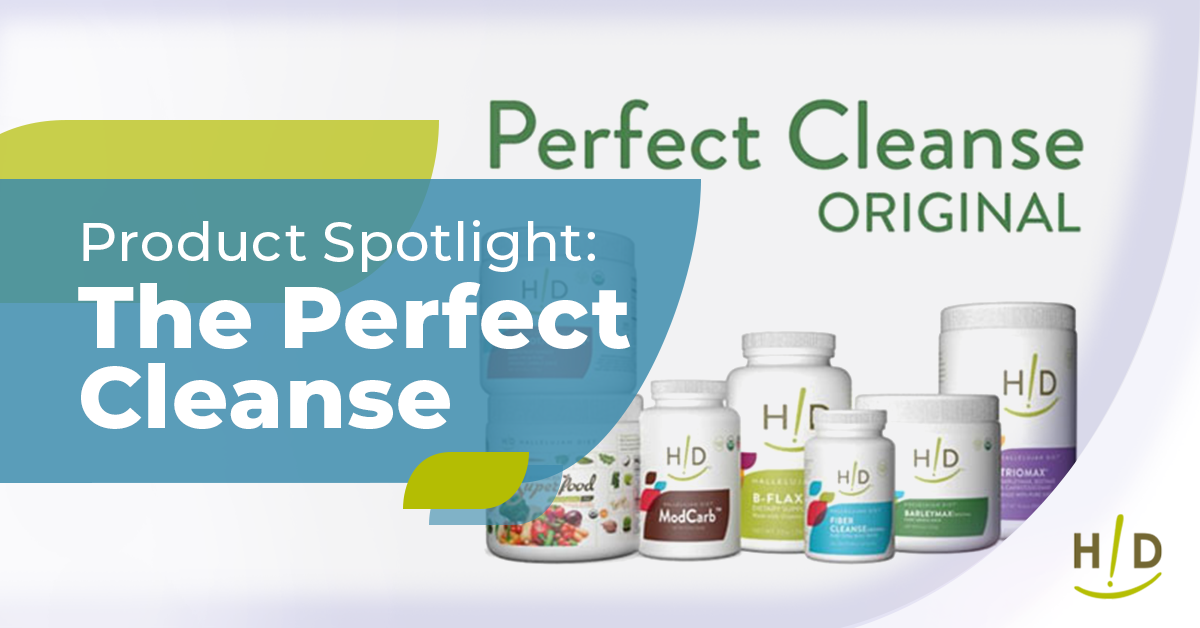Every single day, we're bombarded with toxins: additives in the food supply and pollution in the water we drink and in the air we breathe. The overabundance of common contaminants that we ingest can overwhelm our body’s natural ability to detoxify itself. Many of these find their way to the liver, kidneys, intestines, and colon. As reported by best-selling author, Dr. Edward Group, cleansing is a great way to flush your body, reboot your overall well-being, and boost your natural self-healing and detox mechanisms. The colon makes up part of the gastrointestinal tract—also known as the GI tract or digestive tract. Its primary role is waste elimination, to reclaim water from digested food, to absorb nutrients, and to provide an environment for the helpful bacteria that regulate digestion and other essential processes.


What Is a Colon Cleanse?
The terms cleanse and detox are often used interchangeably but, while both remove unwanted substances from our bodies, they are two completely different processes. Detox programs strive to support the body’s natural toxin-eliminating processes and focus on supporting the liver and kidneys. The root of the word “cleanse” is clean, and it is best to think of a cleanse as being a way of cleaning your body. Often, a cleanse uses supplements to eliminate unwanted substances and focuses on the digestive tract by helping the body to cleanse its colon, reset bowel function, and eliminate toxins. The best example of this is the collection of fiber cleanse drinks and products, and the juice cleanse diet offered by the Hallelujah Diet®.Do You Need a Colon Cleanse?
Since the colon manages the role of waste elimination, it’s also the body’s dump site for undigested foods and harmful materials from processed foods, as well as any impurities you might breathe in from the air or drink from water. When left unchecked, any number of digestive health problems can develop over time. An unhealthy gut can contribute to acne breakouts, difficulty concentrating, the catching of a cold, and, would you believe, even cancer. As a member of the American Association of Naturopathic Physicians, Dr. Emily Chan says: “The GI tract is where we get nutrition to the body, where major elimination of toxins takes place, and where the largest immune system interfaces in the body. Improvements to the health of the GI tract often lead to improvement of other systems of the body.” If you’ve been following the Standard American Diet (SAD), which is rich in dairy, meats, sweets, and processed foods, you could have accumulated waste in your digestive tract. This could lead to an imbalance in your gut flora, allowing unhealthy organisms to take hold. When toxins build up, a major change can manifest in your body and make you feel sick. If your overall health is suffering, this could be a sign of a serious digestive disease. While not a comprehensive list, here are some of the most common symptoms that might signal that something in your digestive system is off:- Heartburn/Acid Reflux
- Hiccupping
- Irritable Bowel Syndrome
- Nausea
- Pain in the Rectal Area
- Stomach Cramps & Pain
- Vomiting
- Wet Burps
- Bloating
- Constipation
- Diarrhea
- Gas (excessive flatulence & belching)
- Bad Breath
- Metal Fog
- Headaches
- Body Odor
- Poor Sleep

Preparing for the Cleanse
Since a colon cleanse can be a shock to your system, it’s important to prepare the colon and your body ahead of time to make the process as easy as possible. Since you understand that a natural colon cleanse diet is the first step toward restoring the colon back to a healthy environment, there are two essential actions you need to complete while you await the arrival of your cleanse product and to prepare your digestive tract for what’s ahead. 1. Ease the process along and prepare your digestive tract by doing the following:- Eliminating meat from your diet.
- Eliminating processed foods, such as fast food and sugary and salty snacks.
- Staying well hydrated with a half an ounce of purified water, vegetable juice, fruits, or smoothies per pound of body weight.
- Avoiding beverages that dehydrate the body, such as alcohol and caffeine.
- Apples
- Avocados
- Bananas
- Blackberries
- Blueberries
- Grapefruit
- Oranges
- Papaya
- Pineapple
- Raspberries
- Strawberries
- Tomatoes
- Watermelon
- White grapes








